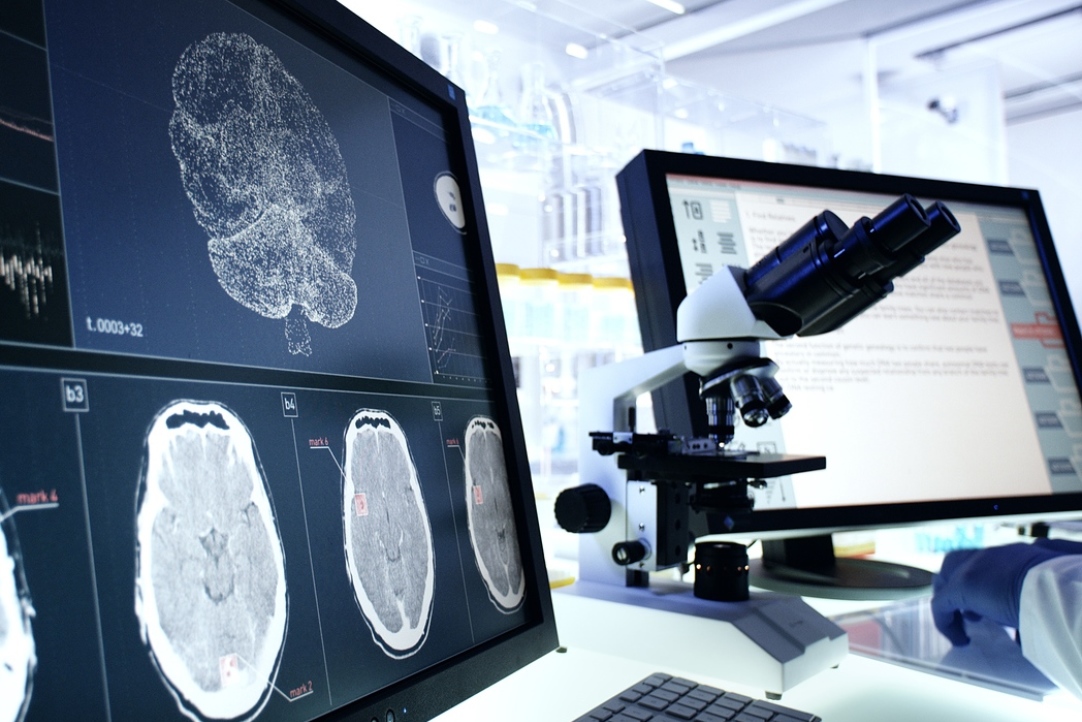
Russian Scientists Propose New Method of Studying Cognitive Dissonance
Researchers from HSE University propose using online TMS (transcranial magnetic stimulation) to study the dynamics of cognitive dissonance. The study findings are published in Pavlov Journal of Higher Nervous Activity.
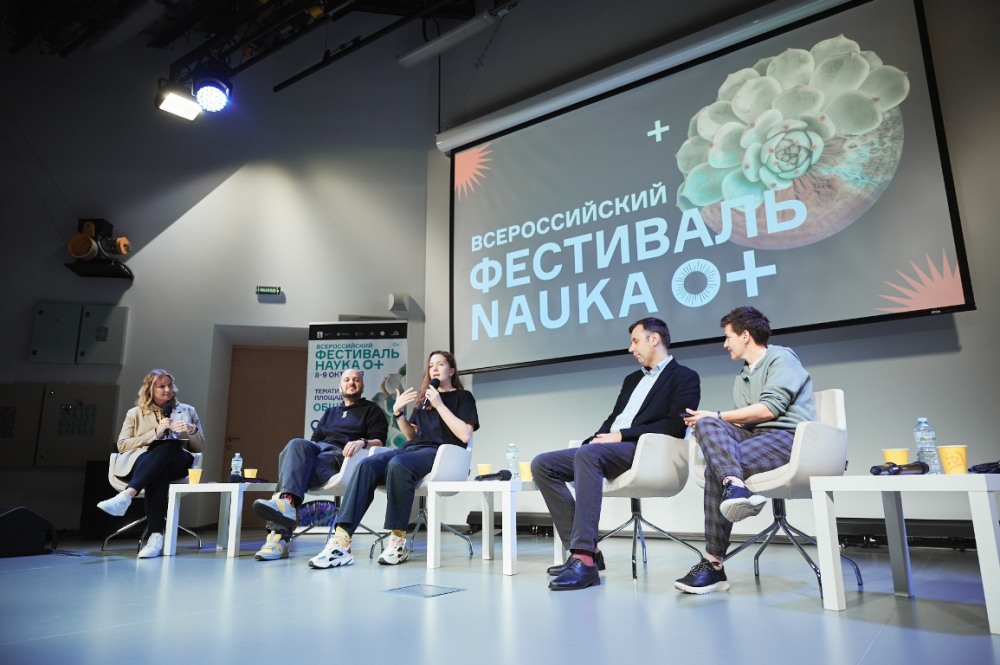
Nauka 0+: The Kind of Science Society Needs
From the rise of platform capitalism to somatisation—this is the scope of the topics discussed at ‘Society’, a thematic platform of the NAUKA 0+ All-Russian Science Festival held by HSE University in October. In addition, experts discussed the timely issue of science popularisation.
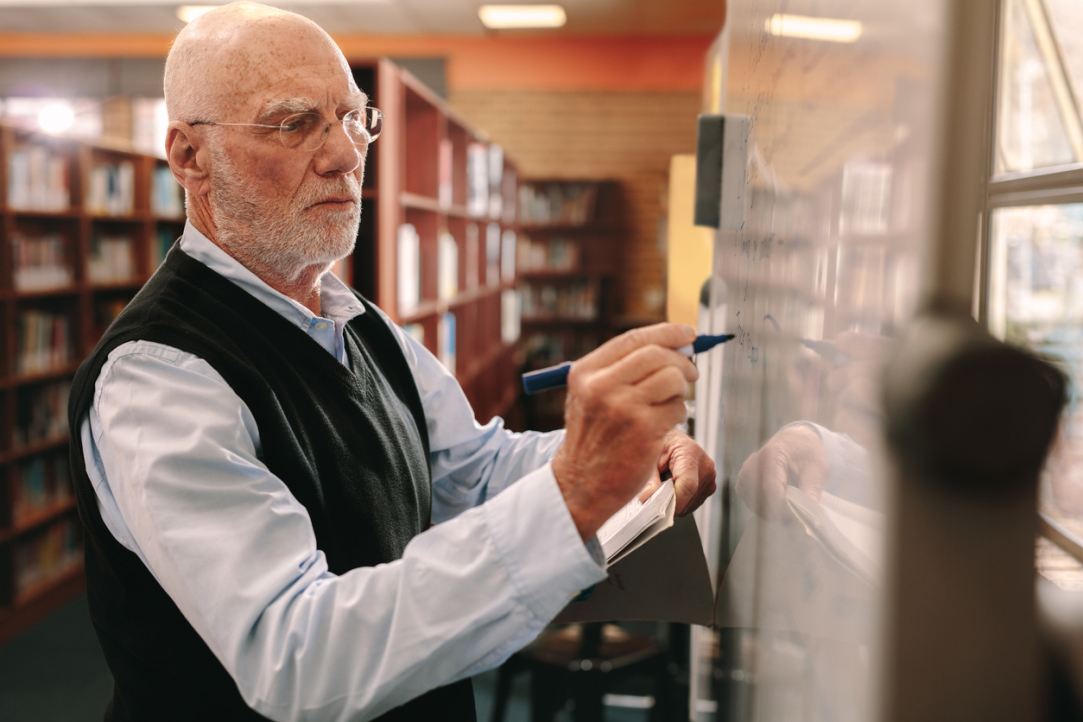
Senior Scholars’ High Achievements Rely on Strong Personality and Favourable Environment
According to researchers of the Moscow City Pedagogical University (MSPU) and HSE University Vladimir Postavnev, Irina Postavneva, Vadim Peskov and Alexey Dvoinin, certain personality traits can help older scholars stay productive and creative for a long time. The study findings are published in Acta Biomedica Scientifica.

Dialogue with Africa: How Nigeria and Russia Can Promote Mutually Beneficial Cooperation
Russia and Nigeria have good prospects for cooperation in many economic sectors—from mining, petrochemicals, agriculture, and high-tech manufacturing to education and mutual investment. The Embassy of Nigeria in Russia, together with NUIA Consulting and HSE University, has held a business briefing on ‘Entering New Markets: Nigeria—Opportunities, Prospects and Practical Experience of Russian Companies’.

Incompatible Alternatives: HSE Researchers on the Ambivalence of Power in the Twenty-first Century Economy
Ambivalence and a combination of contradictory principles are vividly manifested in the actions of government, its individual agents and institutions, as well as the everyday practices of economic subjects and citizens. The participants of the HSE Laboratory for Studies in Economic Sociology seminar discussed the book The Ambivalence of Power in the Twenty-First Century Economy: Cases from Russia and Beyond, recently published in the UK. Prepared by researchers from HSE University and foreign universities, the book focuses on the study of ambivalence in Russia and beyond.
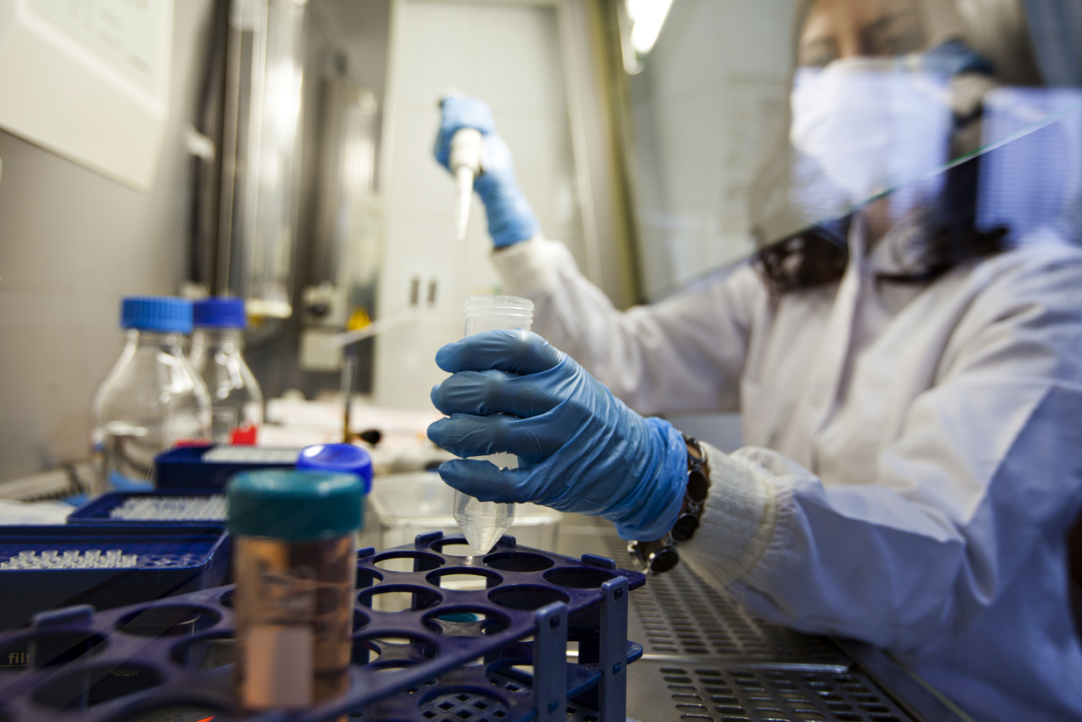
Research Reveals RNA's Role in Cancer Progression
An international group of scientists and medical specialists, including HSE researchers, examined the role played by microRNA (miRNA) and long non-coding RNAs on the progression of ovarian cancer. Having analysed more than a hundred tumour samples, they found that miRNA can prevent cell mutation while long non-coding RNAs have the opposite effect of enabling such mutations. These findings can help design new drugs which act by regulating miRNA concentrations. The study was published in the International Journal of Molecular Sciences.
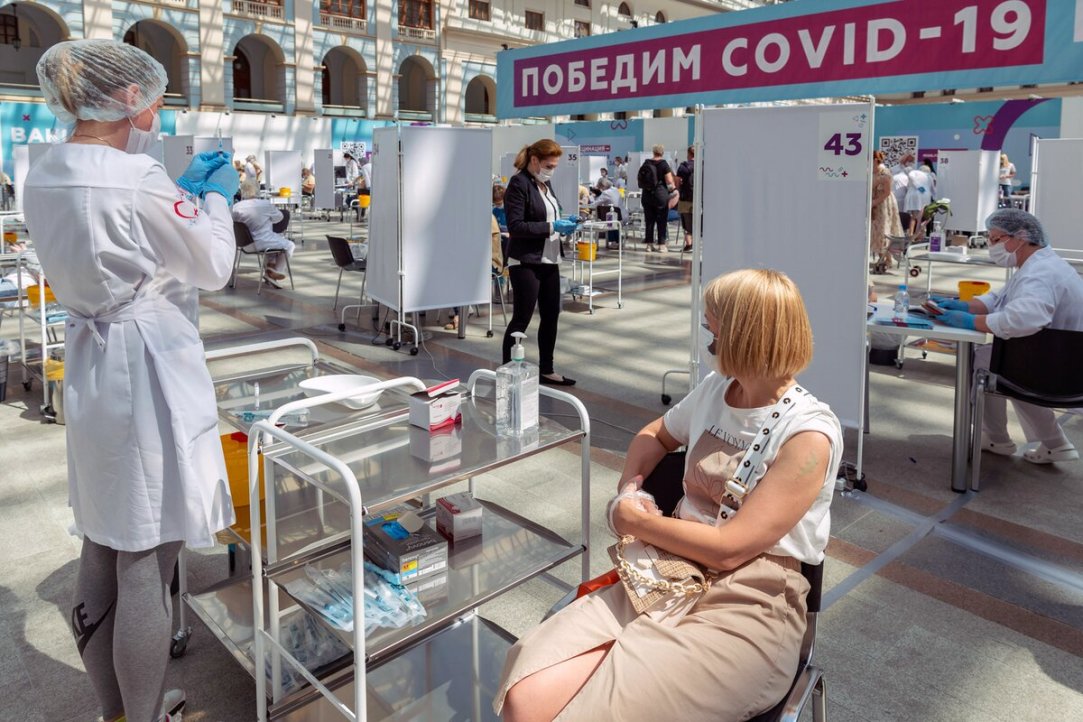
Acceptance of Vaccination Associated with Lower Social Media Use and Higher Trust in Government
Vaccination is generally considered an essential tool for curbing the COVID-19 pandemic. Although Russia was one of the first countries to develop a vaccine against COVID-19 and launched an immunisation campaign in 2021, its vaccination rates remained low for a long time. By October 2021, only 36% of Russian adults were vaccinated, many of whom were compelled by their employers to do so. Having examined the factors contributing to low trust in vaccination among Russians, HSE economists suggest measures to improve vaccination uptake. The paper is published in Vaccine.

‘We Have Utilised the Strengths of Two Events’
On October 14, HSE University will host the 11th ICEF-CInSt International Moscow Finance Conference. This year’s event is the result of the joint organisational efforts of the International Laboratory of Financial Economics (LFE ICEF) and the Centre for Institutional Studies (CinSt). Vladimir Sokolov and Maria Semenova, members of the conference's organising committee, spoke to the HSE News Service about the programme and participants of the event.

The Informal Economy and Post-Soviet Transition
The informal economy is a global phenomenon found in both developed and developing countries. There remains no consensus among academics about how the informal sector impacts overall economic growth. Elena Kalmychkova and Alexander Lipanov of Lomonosov Moscow State University and HSE University examined the informal economic sectors of former Soviet republics and found that regardless of any potential negative impact, these informal economies eventually helped people adapt to a post-transition free market environment.

‘Korea for Much of the World Has Been Far Away and Remote, but in the Present, It Seems Closer and at Times Everywhere’
The international conference ‘Korea Uncovered: Global and Local Challenges (late XIX – mid XX century)’ is underway at HSE University on October 7–8. Why do they say that Korea was discovering the world and opening up during this period? The HSE News Service talked about the issues discussed at the conference with its organisers and participants.

